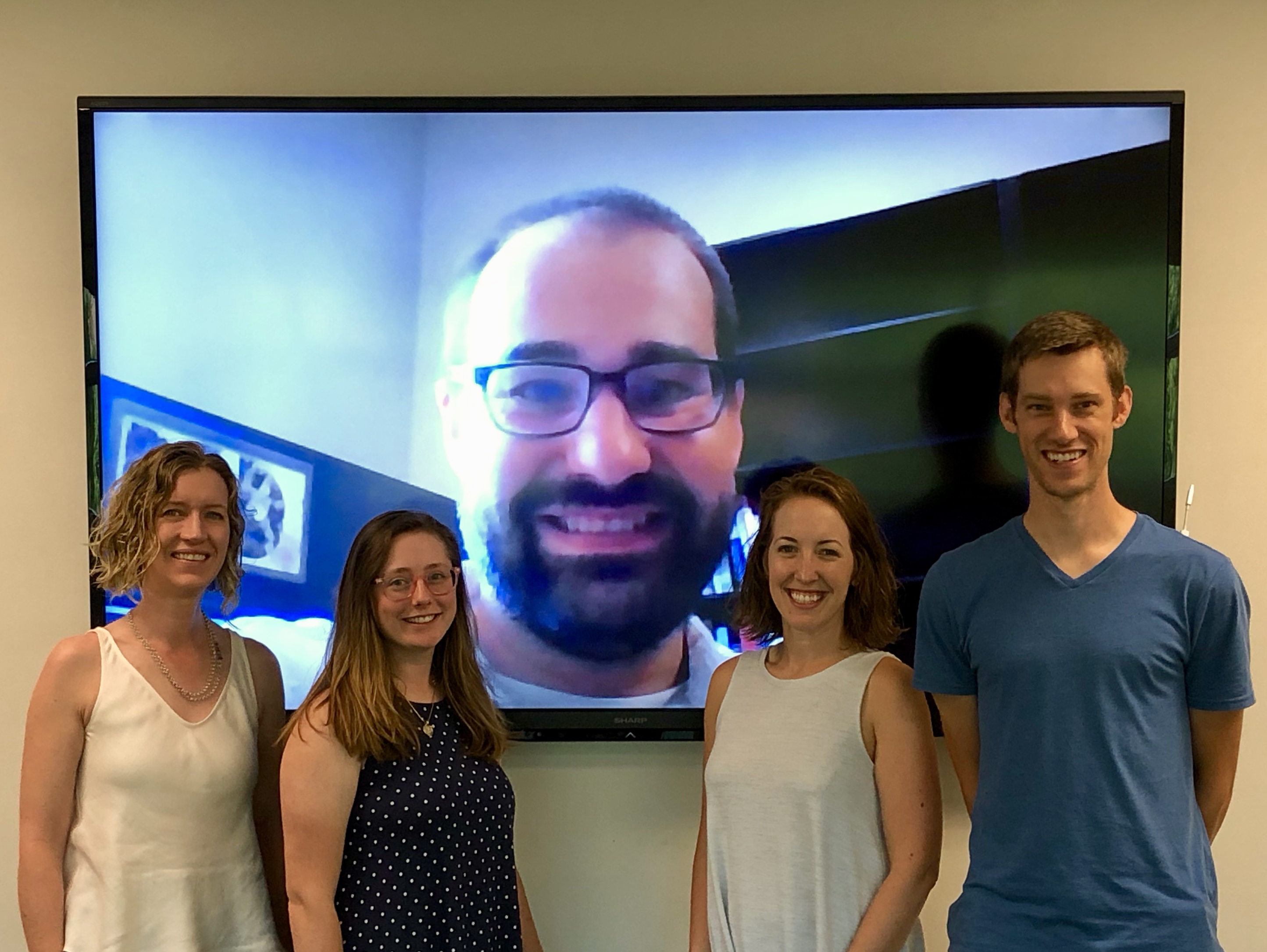University Teaching Experience for Mathematics Prospective Teachers (UTEMPT)
Principal Investigators: Kristen Bieda, Fran Arbaugh (Penn State University), and Michelle Cirillo (University of Delaware)
Graduate Students: Jon Gregg, Rileigh Luczak, Sheila Orr, Isabel Perez, Brady Tyburski, Kevin Voogt
Funding: National Science Foundation IUSE Program
Dates the project is funded: August 2017 - August 2021
This Collaborative Research project aims to assess the effectiveness of the UTE (University Teaching Experience) model of early field experiences for prospective teachers when implemented in various teacher preparation programs. The UTE model involves mathematics teacher educators serving as mentor teachers for PSTs as they teach in an undergraduate gateway mathematics course. This IUSE Development and Implementation for Engaged Student Learning project will empirically assess the effectiveness of the UTE model in supporting the development of PSTs' understanding of the practices of eliciting and responding to student thinking, both of which are high-leverage teaching practices (NCTM, 2014; Smith & Stein, 2011) and are essential for achieving ambitious learning outcomes.
Over the course of the past few years, the project has been gathering quantitative data in the form of pre- and post-surveys to measure PSTs' knowledge for teaching algebra. We also have been video-recording PSTs' teaching during the UTE and rating their quality of instruction. We also conduct interviews to assess changes in PSTs’ understanding about teaching mathematics. We follow the PSTs into a subsequent school-based teaching placement and use video-recorded observations to collect data about their teaching practice. We will compare UTE participants' data with control group data from two of three implementation sites to assess the effectiveness and transferability of the UTE. We will also analyze final grade data from the mathematics courses involved in the UTE, and artifacts of implementation, such as syllabi, to determine the viability of the UTE model as it scales to other institutions as well as essential elements necessary for widespread, effective UTE implementation.

MSU UTEMPT project team members, left to right: Kristen Bieda, Rileigh Luczak, Jon Gregg (on screen), Sheila Orr, Kevin Voogt. Missing from photo: Melissa Hale